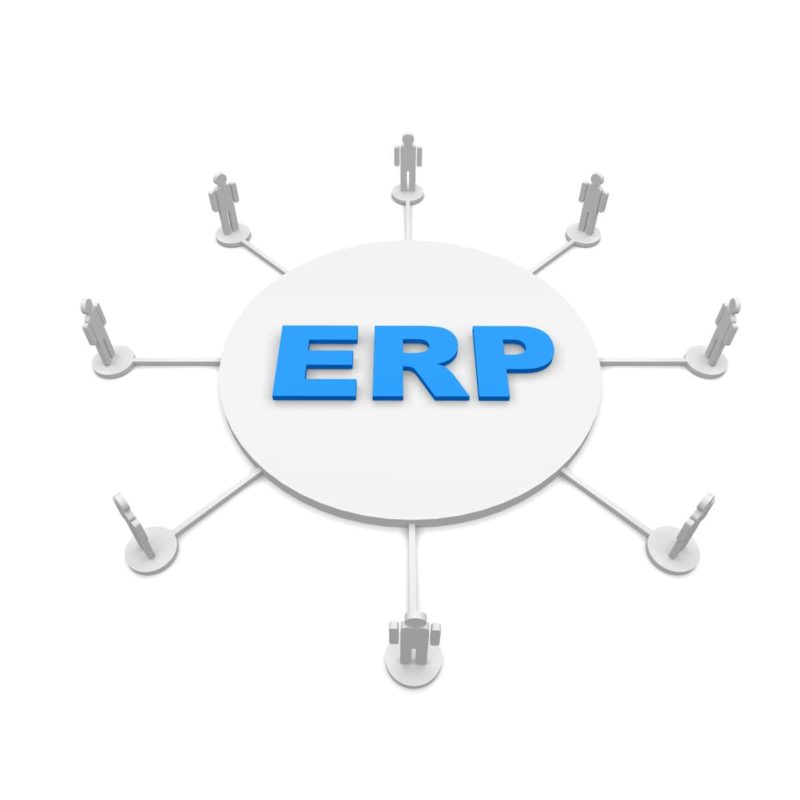Enterprise Resource Planning software (ERP) are crucial data solutions for the supply chain. This comprehensive software facilitates department connectivity, integrates data, and increases the bottom line. But when it comes to ERP in operations management, it’s important to recognize how your ERP’s limitations may effect your business.
For the most impressive results, ERP management is key to maximize its potential. To do so, keep the following ideas to keep in mind when choosing and maintaining your ERP:
Pick the best fit
ERP software systems are designed for universality. But, you may still need to do some fine-tuning to meet your company’s needs and realize the full benefits of ERP.
Keep in mind a few tips before ERP implementation. Make sure to consider factors like workflow, scalability, and regulatory requirements. This way you’ll get what you need and skip what you don’t.
Also, ask the software manufacturer if you can customize the system for efficiency. For example, adding necessary fields or disabling unneeded features.
Also, keep in mind what business activities you want to ensure the new system has. Examples include functionality for inventory management, accounts payable or other data management functions.
Get answers from– and about– your ERP
Most current software packages include easy-to-run business intelligence (analytics) capabilities. These let you query, determine patterns, and anticipate needs. Then you can make informed decisions about product demand, budget discrepancies, and more.
At the same time, seek ongoing feedback from employees who use the ERP system. Users can determine any elements in need of improvement within the software itself. Then leverage support services for troubleshooting and suggestions to fill in service gaps.
ERP vendor/reseller representatives and custom application developers are valuable resources. They often have insider knowledge of your system and oftentimes your industry. Their job is to help you find practical data solutions, so take advantage. In any case, real-time information is key to making informed decisions.
Ensure maximum integration
The function of all ERP solutions is to streamline and automate business processes. Yet, organizations are often dissatisfied with their existing ERP systems. Often, this is due to lack of systems integration and redundant information management.
Sometimes even with the most careful choice of ERP, a few bugs remain. In this case, consider add-on software to reduce the costs of any unaddressed tasks.
Conversely, third party software integration can add functionality to fill in the gaps in your ERP. Explore options for integrated inventory purchasing, supply chain management, or material requirements planning.
One important caveat: Go slowly as you expand, update, and make changes. Overloading users with new functionalities can hinder rather than help your productivity.
Finally, ensure both new and existing employees receive ongoing ERP system training. This will help to prevent inconsistent usage and unused features.
ERP in Operations Management: Filling in the ERP Gap
For a few decades now, businesses have used ERP to manage supply chain transactions and data. ERP systems have been able to provide valuable transparency and insights. This lets businesses make smart choices in workflow, products, and production.
But, new applications are being developed to go further and do the jobs that ERP systems often miss. These ERP connectors increase the effectiveness of supply chain analysis. Executives can use this data to make a positive impact on the organization.
Handling Supply Chain Differences
Supply chains vary from company to company. Some executives view their supply chain operations as “utilities”. To them, operations should function without effort or investment.
This kind of company generally relies on following industry best practices. For example, implementing bare bones ERP to determine their supply chain operations. This is otherwise known as the “follow the leader” philosophy.
In contrast, some companies view their supply chain functions as an opportunity to create a competitive edge. They do this by supplementing their ERP with other software tools.
Reducing Schedule Delays
Schedule delays can cripple a small company. Often the cause of these delays are the result of a poorly integrated ERP system.
The consequence is a disconnect communication between resources, employees and departments. But, there are software that fill this gap and reduce the frequency and impact of schedule delays.
Avoiding Manual Reporting
In theory, ERP solutions streamline business processes. But when you have to generate reports manually, these solutions become ineffective.
Supplemental tools enable you to automate data entry into the system. As a result, you can calculate and design reports determined by the criteria you specify.
Integrated Solution Success
Using an integrated solution to the ERP system allows the business to fulfill orders and gain a competitive edge. At the same time, they can maintain centralized data and effectively handle transactions.
But it’s possible to enhance the strengths of ERP in areas outside of order fulfillment. Third party software integrated to the ERP streamlines key processes. This might include AIDC for data collection, serialization for product tracking, or task scheduling to streamline warehouse activity .
For over 40 years Radley has helped manufacturers fill the gaps in their ERP. The Radley platform can error-proof data and improve productivity while reducing labor costs.
Radley’s supply chain management software integrates seamlessly with today’s top ERPs and back end systems. Do you need to learn more about ERP in operations management? Contact us to learn more, or read our guide, MES Software: Everything You Need to Know.

